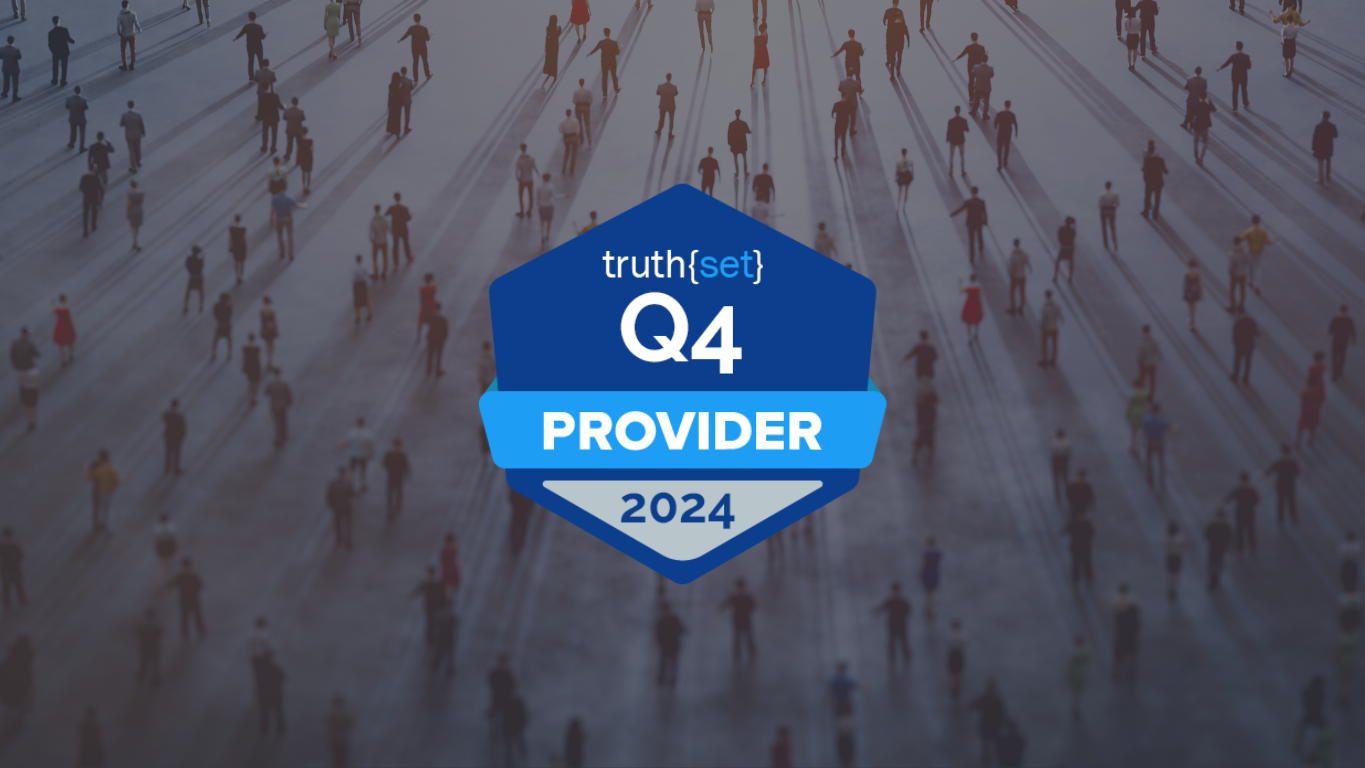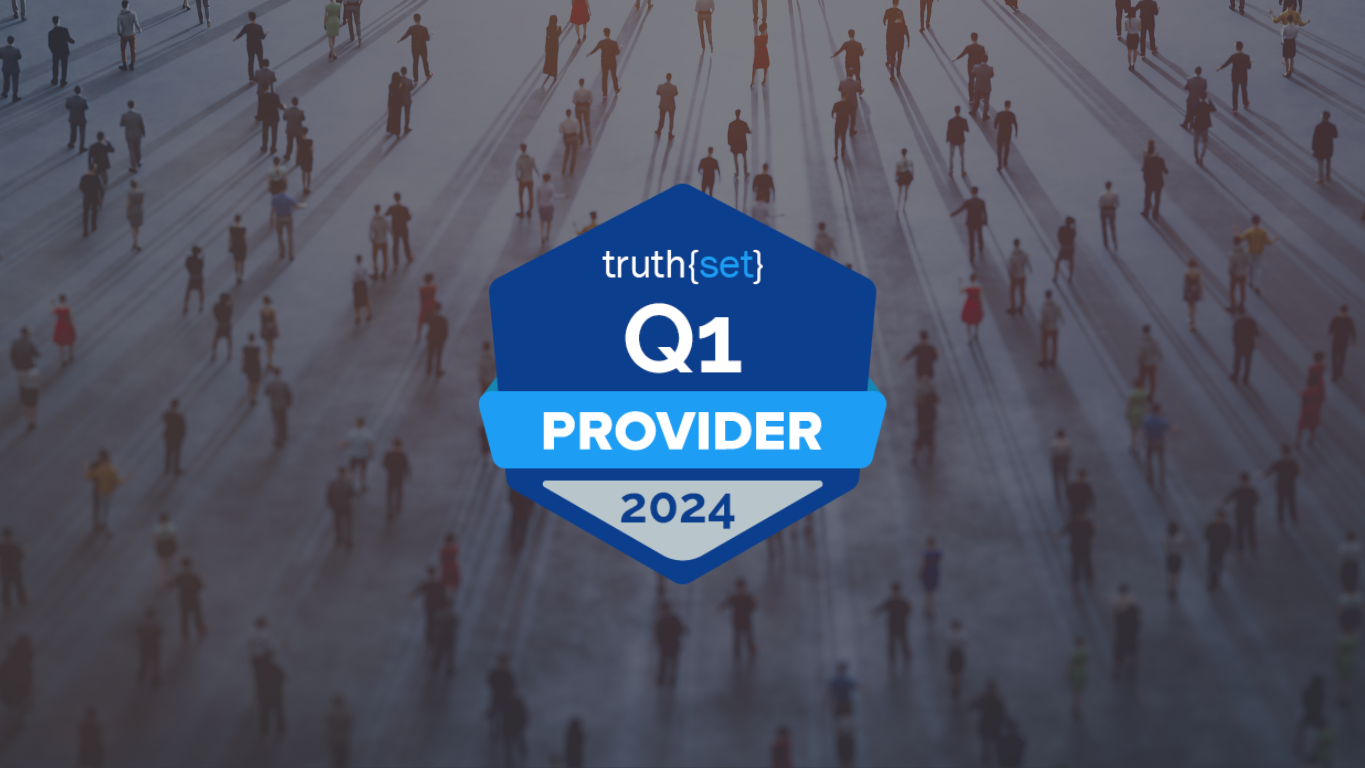The demand for trusted data is at an all-time high. This has never been more apparent, according to the 2023 Data Integrity Trends and Insights Report.
- 77% of respondents cited data-driven decision-making as the leading goal of their data programs
- Only 46% have “high” or “very high” trust in the data used for decision-making.
- 70% who struggle to trust their data say data quality is the biggest issue.
According to research by Dun & Bradstreet, 50% of the 500 business decision-makers who participated in the study stated that their company would not be able to survive without quality data.
Advantages that businesses have realized from data include:
- 63% – Data has helped us to identify new opportunities for revenue growth
- 63% – Data has helped us to identify and mitigate business risks
- 63% – Data has enabled us to improve the service we provide to our customers
- 61% – Date has enabled a more holistic view of our business relationships
4 Ways to Improve Business Data Quality
The quality of your data can make (or break) your business goals. Here are four ways to boost your data quality.
1. Establish Clear Data Quality Standards
Establish clear data quality standards and guidelines to ensure consistent and reliable data across the organization.
Be sure you are involving stakeholders from across the organization, such as IT, data management, business operations, marketing, and compliance.
Define key metrics and benchmarks for assessing data quality, such as accuracy, completeness, consistency, and timeliness.
It’s also important to provide training and support to ensure that all employees understand and adhere to the established standards.
2. Implement Data Validation Processes
Set up validation processes to identify and correct errors in real-time.
For example, Format Validation processes check whether the email address provided follows the correct format, typically in the form of “username@example.com”. This ensures that the email address structure is valid and prevents entry of invalid formats like “username@.com” or “example.com”.
Another example is a Unique Email Check. The system checks whether the email address entered is already associated with an existing user account. This validation ensures that each user has a unique email address tied to their account, preventing multiple accounts from being created with the same email address.
3. Invest in Data Quality Tools and Technologies
Consider implementing a data quality solution to automate and streamline data cleansing, validation, and enrichment processes.
These tools can identify and resolve data errors, inconsistencies, and duplicates which will go a long way in saving time and resources.
Be sure to explore options such as data profiling, cleansing, matching, and monitoring tools to address a variety of data quality challenges.
4. Data Enhancement
Data enhancement is a great way to enrich existing data with additional information to improve accuracy, completeness, and relevance.
Using third-party data sources, missing or incomplete data can be fixed and corrected. This process not only fills gaps but ensures that the dataset is more reliable and comprehensive.
By leveraging external sources, such as demographics, psychographics, and lifestyle information, marketers can gain a richer audience understanding for more precise targeting.





